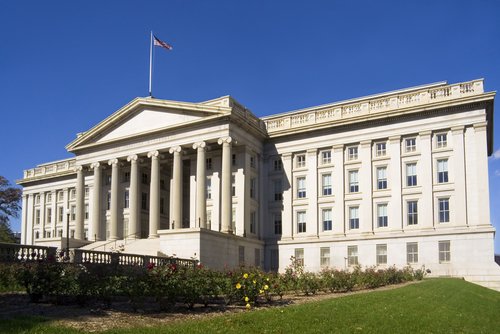
by Greg Lipinski
People call it offensive, garbage, nonsense, and a slew of other derogatory terms, but the fact of the matter is that South Park writers are unbelievably intelligent; some people don’t even realize it. The have an unbelievable ability to create intelligent humor on some of the most recent events in the world today. This season of the show, its 13th, they have undoubtedly attacked the economy and the U.S. mindset.
The episode itself begins with a man enjoying a margarita out of a machine he had bought that day, whilst lecturing to his family about how they have to be more frugal in these tough times. Eventually, this man becomes a preacher of sorts, and the episode parallels the Catholic story of Jesus Christ. This father eventually has the entire community wearing robes made from bed sheets and using candlelight as opposed to electricity. He got the town of South Park to stop spending money all together. It wasn’t until a small Jewish boy named Kyle managed to show the people that responsible spending, not stopping the act, was the way out of this horrid economy.
I could go on about the episode, but it’s best if you watch it yourself for both a laugh and a sobering look into your own spending. The fact is it’s true. You can’t halt your spending, but at the same time, you must be very responsible with your money especially if you don’t have much. There needs to be a solid middle ground between the two extremes for this economy to strengthen and for people to stay healthy and sane.
There are cases of people saving crumbs of prior meals for toppings of the next and turning bottles inside out to use a product dry. These are extreme cases, and if you feel these are necessary measures, then by all means use them. But for others out there that can relax from time to time, remember to relax. It’s important to not sail to one end of the spectrum. For example, don’t stop buying leisure products. People need to be entertained and challenged intellectually. So maybe you can’t afford the latest video game? Then purchase a few books. The idea is to compromise and prioritize.
If there is one thing I know is that this economy has me pinching pennies as much as the other guy, but I pick my fights wisely and know that from time to time, going to the movies is as important to my mental health as a meal is for my body.
Resources:
http://www.smartmoney.com/personal-finance/debt/8-credit-card-traps-for-obama-banks-to-discuss/
http://www.msnbc.msn.com/id/29623198/
South Park Studios websiteThe episode is named "Margaritaville" out of Season 13


































